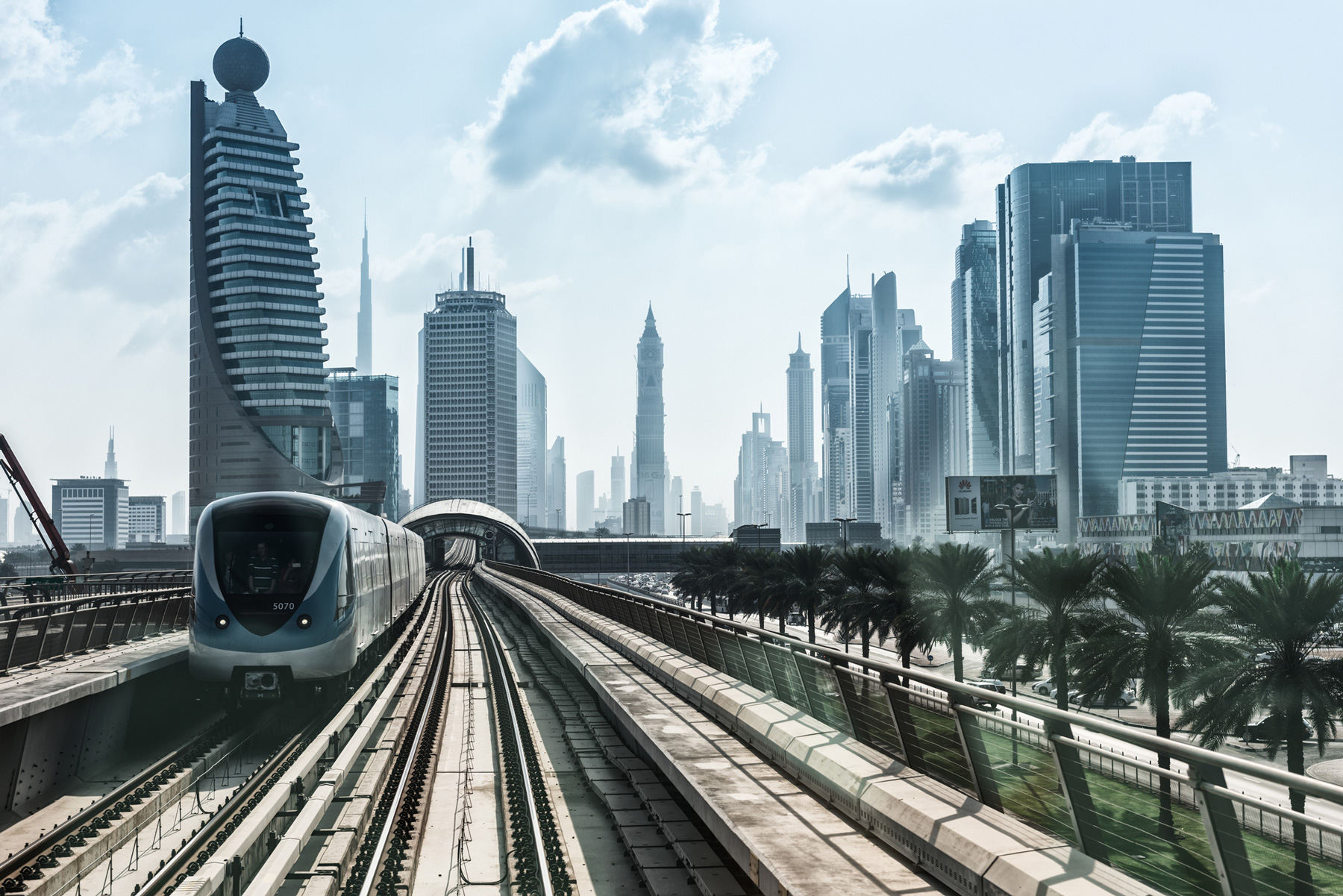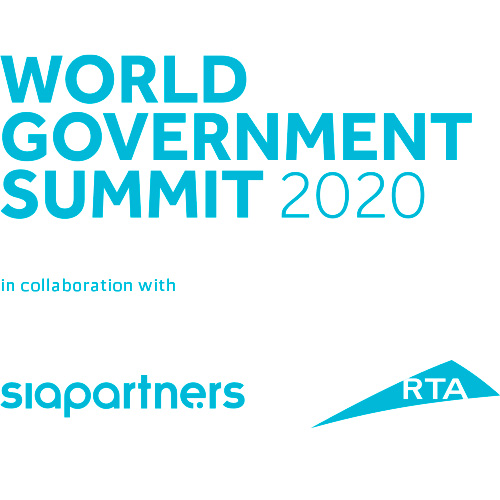وضع دول مجلس التعاون الخليجي على طريق الاقتصاد الدائري: تحقيق النمو المستدام عبر الاقتصاد الدائري
وضع دول
وضع دول
The rapid economic growth of Gulf Cooperation Council (GCC) countries has placed great pressure on resources and has increased the amount of waste and emissions, to the detriment of the region.
While GCC countries have started to explore sustainable solutions, reversing the current pattern of development requires a holistic approach. The region must therefore adopt the concept of the circular economy.
The Ideation Center, the leading think tank for Strategy& Middle East, has defined a circular economy framework, governed by three principles: optimizing the consumption of finite resources, maximizing product utilization, and recovering by-products and waste. The circular journey should start with cities, and can save almost US$138 billion by 2030, corresponding to nearly 1 percent of the region’s cumulative GDP between 2020 and 2030. It can also reduce emissions by 150 million tons, virtually the total CO2 emissions of the Netherlands in 2015.
While GCC countries have started to explore sustainable solutions, reversing the current pattern of development requires a holistic approach. The region must therefore adopt the concept of the circular economy.
The Ideation Center, the leading think tank for Strategy& Middle East, has defined a circular economy framework, governed by three principles: optimizing the consumption of finite resources, maximizing product utilization, and recovering by-products and waste. The circular journey should start with cities, and can save almost US$138 billion by 2030, corresponding to nearly 1 percent of the region’s cumulative GDP between 2020 and 2030. It can also reduce emissions by 150 million tons, virtually the total CO2 emissions of the Netherlands in 2015.




